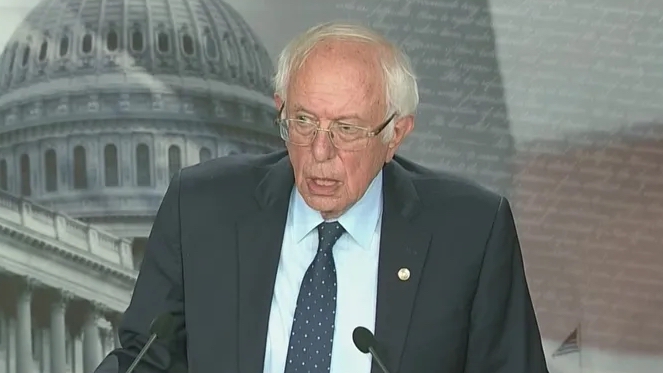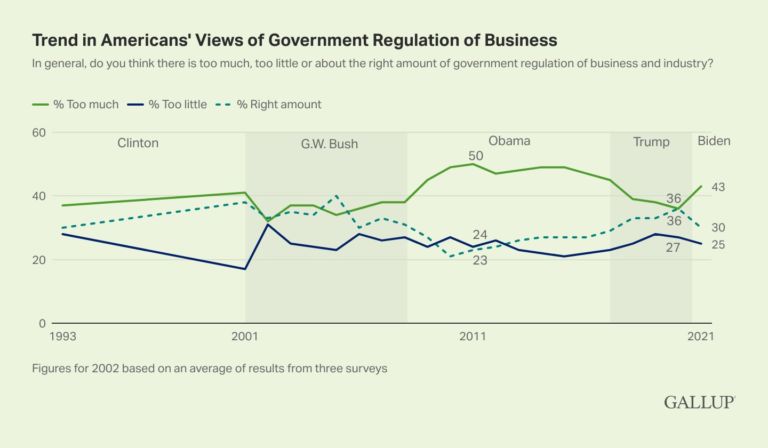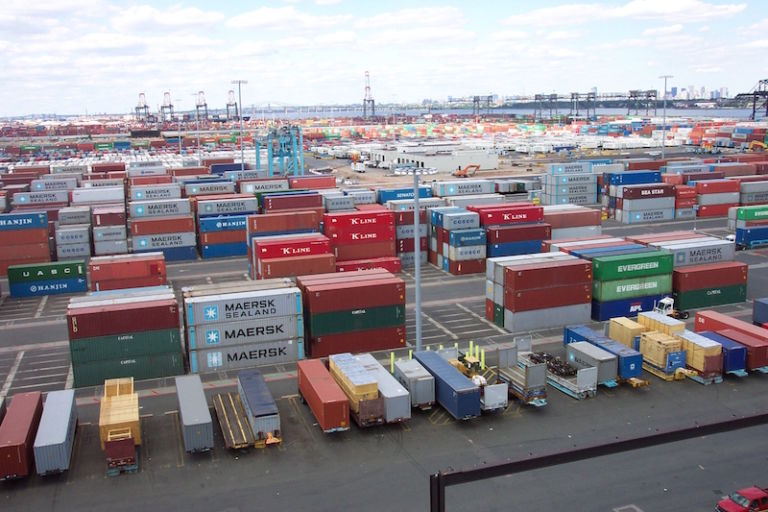Thomas Donlan devotes his latest Barron’s editorial commentary to outlining a new approach toward American infrastructure needs.
It’s infrastructure season: Every candidate in America deplores the country’s “crumbling” highways, bridges, railroads, mass transit, electrical grid, drinking-water systems, sewage-treatment plants, waterways, and seaports.
It sometimes sounds like potholes are the only growth sector in the U.S. economy. The American Society of Civil Engineers—representing the men and women who plan, design, and build highways, bridges, tunnels, and other projects—gives U.S. infrastructure a D+. The engineers say we should add $300 billion a year to current state, local, and federal spending, just to get to “mediocre.” …
… The civil engineers aren’t wrong; there is a crying need for infrastructure investment. But these projects should not be managed by the same reckless officials who have allowed the infrastructure to deteriorate. For decades, they have been too responsive to business interests seeking subsidies for new roads to serve their new developments, which often are unnecessary and usually short-change needed maintenance.
To build a new highway or to replace a dangerous bridge, private investors should be free to raise their own money with the intent of making profits by collecting tolls, fares, and user fees of all kinds. And these developers should be protected from rapacious regulators and confiscators like those who fixed fares below cost and then took over bankrupt transit lines and bus companies.
The higher prices that rational investors will charge us to ride on their trains and cross their bridges will be a useful suppressant of subsidized demand. The result will be better infrastructure and probably less of it.
How many cars and trucks will an interstate highway have to carry if a toll, using pricing that varies with demand, is as high as the traffic will bear and also is applied to the alternative roads? How much more attractive would investors find private rail freight if some truck trips were priced out of the market?
Some of our crumbling infrastructure never would have been built if it had to pass the cost-benefit analysis imposed by markets. Other projects that loom, like high-speed rail from nowhere to nowhere, would not be built. And the important structures inherited from our more sensible forebears might not be crumbling.


